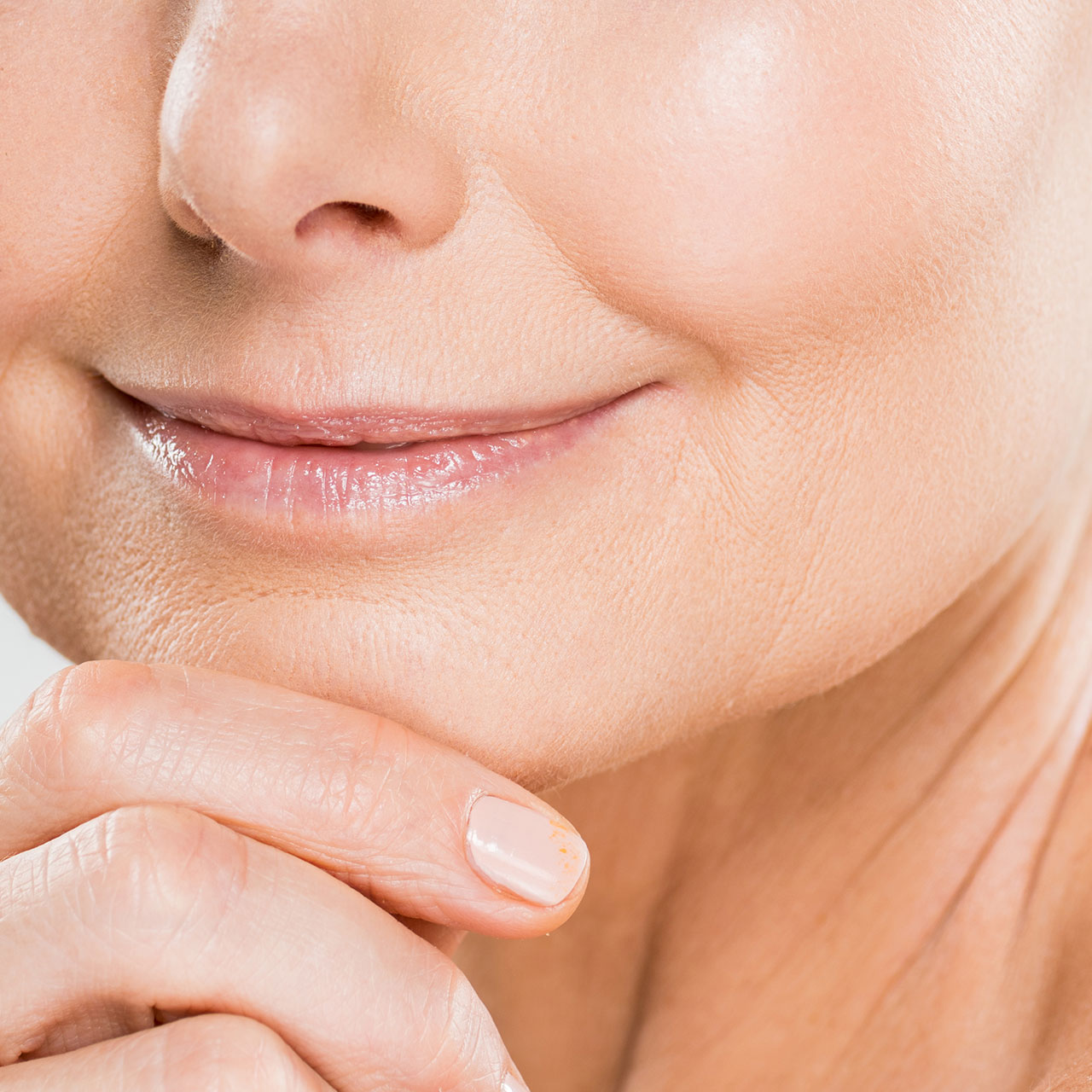This is an archived article and the information in the story may be outdated. Please check the time stamp on the story to see when it was updated last.
According to the CDC, 1 in 3 Americans don’t get good sleep. In the society we live in, the hustle is celebrated, and as a result, rest is stigmatized. However, getting good sleep is essential for your overall well being. From depression to heart disease to lower immunity, consistently getting poor sleep can put you at higher risk for serious health issues. With that being said, many of us struggle with falling asleep and staying asleep. Even if you’re exhausted all day, finally laying your head on the pillow and checking out isn’t always easy. When you need a little boost, what are some natural remedies that will help you shut your brain off so you can take the next day by storm? Marie Ruggles, M.S., R.D., C.N., C.D.E., nutritionist and author of Optimize Your Immune System: Create Health & Resilience with a Kitchen Pharmacy is sharing some of her go-to herbal supplements for getting high quality sleep.


A cheap but effective sleep aid Ruggles recommends is chamomile tea. Studies on chamomile have shown that chamomile functions like benzodiazepine, a prescription medication that induces sleep and reduces anxiety. Chamomile contains chemicals called flavonoids, which are compounds found in plants. Flavonoids are what give herbal teas and vegetables their health properties. “I recommend steeping 2 chamomile tea bags in 5 ounces of water, and consuming 30 minutes prior to your bedtime.” Ruggles says.
As far as supplements, Ruggles has a few calming compounds you should look for in the sleep aids you purchase--melatonin, passionflower, lemon balm, chamomile, or L-theanine. “I suggest using a bedtime supplement that contains at least 3 of these,” Ruggles says.

Ruggles is also an aromatherapist, and recommends incorporating essential oils into your sleep routine if you struggle with falling asleep at night. “Make a blend with equal parts lavender, cedarwood, and vetiver. Apply one drop to the palm, rub with the opposite palm, and inhale for fifteen seconds right before bedtime,” she says. Studies have shown that linalool, the main component in lavender, can be linked to reduced anxiety and better sleep. Similarly, cedarwood and vetiver have sedative qualities that can reduce anxiety, which will help you better relax at night and make falling asleep easier.
Getting good quality sleep can be a daunting task. However, it is worth the investment to tweak your routine. Creating a bedtime routine that you consistently follow is a good way to train your brain into knowing when it is time to rest. Adding supplements like chamomile tea, essential oil blends, and natural sleep aids can be an excellent resource in getting better rest. However, if you are experiencing chronic sleep issues, or interested in changing your sleep regimen, always consult with your doctor.


























